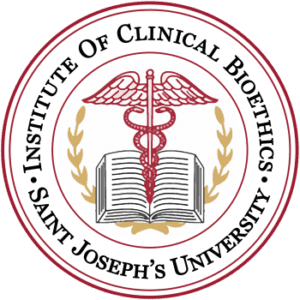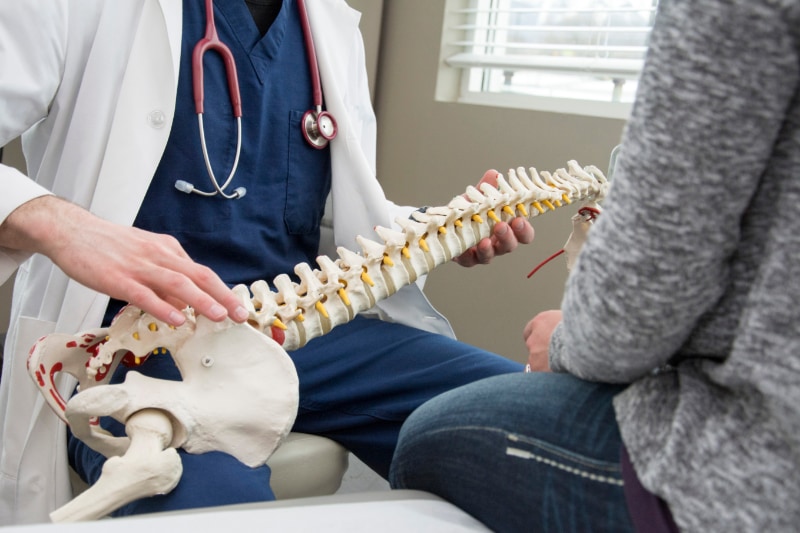Fredy Abboud (Biology, ’26)
For the third year in a row, Shriners Children’s Philadelphia, a pioneer in pediatric orthopedic care, offered its “Shriners Children’s Philadelphia Medical Research Immersion Program” designed to introduce aspiring healthcare professionals to the complex and intricate world of clinical research, while offering them glimpses of the intellectual and lifestyle rigors of a career in pediatric orthopedic surgery. Selected as one of 28 participants for this year’s program, I had the unique privilege of experiencing the inner workings of Shriners Children’s Philadelphia, a place so distinctive in its medical philosophy and mission that its medical and non-medical staff call it the “Shrine”. The program stretched from June 23rd through the 27th, with each day incorporating elements of introductions to clinical research, clinical education, clinical exposure, and professional development.
Spearheaded by their clinical research coordinator, Shriners Children’s program educated me on the process as well as responsibilities and demands of clinical research. As part of a group, I was assigned to summarize, analyze, and critique a clinical research paper on Arthrogryposis Multiplex Congenita. Under the supervision of a pre-assigned research mentor, I and other team members delved into the study’s design, findings, and, most importantly, limitations. With the mentor’s guidance, I learned about the basic elements of well-written clinical papers and reliably reported data. Furthermore, I was introduced to the practicalities and behind-the-scenes of research in pediatric orthopedics, after having been privileged to interact with Shriners clinical research team and learn about their unique ongoing research projects. As an undergraduate on the pre-med track and a regular volunteer at Health Promoters, I have gained basic clinical education through both coursework and practical experience. However, I had been foreign to high-end clinical education like that which surgeons at Shriners provide to their peers overseas, particularly in low- and middle-income countries. Since June 23rd, that changed as my fellow participants and I had the honor of attending a series of daily lectures spanning the full continuum of care—from initial pre-operative screenings to post-surgical rehabilitation. I was not only introduced to basic spine and brain anatomy but also learned about pioneering research and surgical techniques Shriners medical team has developed over the years, helping improve health outcomes of patients with Scoliosis and other bone deformities. The most prominent of those techniques is called vertebral body tethering, in which the titanium rods typically used in spine correction surgeries are replaced with a flexible cord, granting patients increased post-surgical mobility.
Clinical exposure was another focus of the program, as I learned about and used high-resolution ultrasound machines, handled various surgical equipment, and operated on medical test dummies designed for training medical students and interns in spinal cord surgeries. Besides the abovementioned, I had the invaluable experience of shadowing orthopedic and plastic surgeons in Shriners Children’s clinics and even the operation rooms. As an observer, I witnessed the interprofessional but cohesive, and tense but organized nature of invasive surgical operations, such as spine realignment and hand surgeries. Thanks to the cordial surgeons and nurses, I was observing surgeries near-at-hand.
Lastly, in terms of professional development, the program involved team-based activities, healthcare career panel discussions, resume review sessions, and, most importantly, student clinical presentations aimed at honing students’ communication and scientific presentation skills required of leaders in healthcare professions and clinical research.
Overall, my time at Shriners Children’s Philadelphia was without a doubt a clinically formative experience that has helped reinforce my passion for medicine and has offered me early exposure, unlike any I have had before, to the eloquent practice of pediatric orthopedic surgery. However, despite all the program’s abovementioned perks, witnessing the conscientious, thorough, and dignifying care Shriners surgeons offered their patients was enough to solidify my desire for a similarly compassionate and
patient-centered medical career grounded in equitable and loving service.

